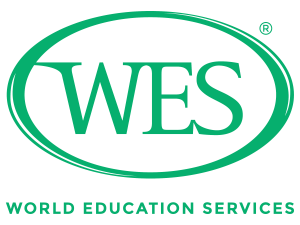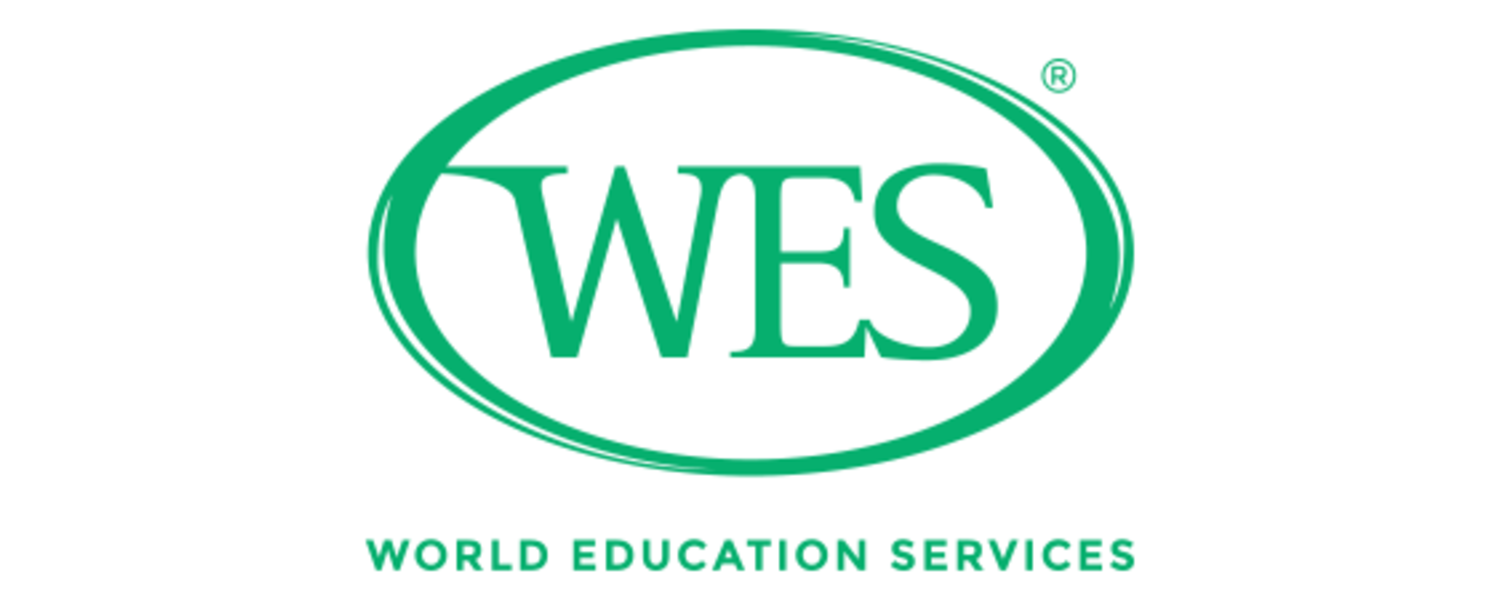 Canada welcomes highly-skilled and qualified immigrants each year; to fully realize the benefit of highly-skilled immigrants, employers often require support to appreciate the qualifications that newcomers bring from abroad.
Canada welcomes highly-skilled and qualified immigrants each year; to fully realize the benefit of highly-skilled immigrants, employers often require support to appreciate the qualifications that newcomers bring from abroad.
One organization is here to help: World Education Services (WES). Learn more about WES, the services available, and how WES can help employers fully realize newcomer potential through credential assessments.
What are the services that employers can access through WES?
WES offers many tools to help employers realize the value that internationally educated professionals can add to their workplace. In the pre-screening stage, employers can use the free WES Degree equivalency tool to quickly determine the Canadian or American equivalency of an international degree. Once an employer has identified an international candidate they would like to pursue, an official WES evaluation report can provide an accurate and objective representation of the academic history of the candidate. WES has over forty years of experience, and has built our reputation on ensuring the validity and accuracy of all documents used in our credential evaluation reports. WES also has a robust research department, and employers are able to access information about foreign education systems directly through the WES website. So often, employers lose out on top talent because of unfamiliarity with overseas degrees; WES can help employers navigate foreign credentials with confidence and gain access to un-tapped pools of talent.
Why focus on employers as key partners?
In addition to maintaining the highest standards of credential evaluation, WES is also committed to helping skilled immigrants fully utilize their education and international work experience in Canada. By partnering with employers, WES hopes to effect change in the way international credentials are recognized in Canada and the United States. The competitive advantage for employers who hire international talent are clear, especially in sectors with skill shortages. By empowering employers to understand the value of international credentials, WES believes that there will be higher success rates for labour market integration of newcomers and higher outcomes for employers in terms of productivity and quality.
What are WES evaluation reports and how can employers use them when making a hiring decision?
A WES evaluation report verifies and analyzes a candidate’s international education and compares it to a North American education system. Evaluation reports are based on documents that have been issued by the academic institution, examination board, or legal entity authorized to issue academic documents, as well as received from and authenticated by authorized officials. The WES evaluation report is based on authentic verified documents, mitigating the risk for employers and providing a more comprehensive screening of each candidate in the hiring process.
It is also important that an employer asks the job applicant to obtain an evaluation report prior to applying for a job, so that their qualifications can be reviewed fairly at the earliest stage of the process.
What are the costs involved in evaluation reports? Who pays?
A WES evaluation report ranges between CAD $115 to $245, per application. Employers would typically require the document-by-document evaluation which costs approximately CAD $115 and is usually covered by the candidate. The course-by-course ICAP report costs $245 and is recommended for continuing education purposes and for (some) regulatory bodies. It includes a full set of verified transcripts.
Typically, employers require the document-by-document evaluation report at the application pre-screening stage. There are some immigrant serving organizations and Employment Ontario funded programs that help subsidize the credential evaluation fee.
Can you give us an overview of the assessment process for an those interested in a regulated profession, i.e. internationally trained engineer? What are the incentives or benefits to obtain a WES assessment?
WES works with some regulatory bodies which require a WES evaluation to start the licensing process. Some regulatory bodies require a document-by-document evaluation while others prefer a course-by-course. It is always best to contact the regulatory body first to find out their requirements and determine what evaluation service and report is required for the licensure process.
For regulatory bodies that don’t require a WES evaluation, there are still benefits to obtaining the evaluation. WES evaluation can help a client in pursuing other goals; alternative or related careers as well as finding employment. Also, even if they don’t require a WES evaluation, many regulatory bodies will accept the WES verified documents (ICAP service) rather than asking applicants to go back to their university to obtain them again.
Refugees can experience additional difficulty validating their credentials because of the forced nature of their departure. What type of assessment and evaluation services does WES offer to refugees and their prospective employers?
WES continues to complete evaluations for applicants from countries which are currently experiencing unrest and instability, although completed reports are not in high volumes.
Additionally, in 2016 WES began a refugee pilot project to provide Alternative Credential Assessments for those who (due to the abovementioned circumstances) are unable to obtain verified documents as per the requirements for WES’s standard evaluation. This project came out of WES understanding that refugees face significant barriers to credential evaluation, negatively impacting their labour market integration. WES hopes that this alternative assessment will be provide employers, and other end-users such as academic institutions and regulatory bodies, a foundation for understanding a refugee’s educational qualifications. At this time WES is still piloting the project and looking to a thorough evaluation process to assess the viability, acceptance, and impact of the alternative assessment.
What questions should employers ask to evaluate their need for WES services?
WES strongly encourages all employers to review their hiring practices and assess if there is a policy in place for those who apply with international qualifications. Employers should ask their in-house HR professionals and hiring managers, as well as any external recruitment firms they use, if they are aware of how to accurately assess an international candidate’s education and experience. Organizations would also benefit from conducting an analysis of their workforce planning strategies to determine how labour shortages or skill gaps could impact their forecast needs. Especially with the recent changes to Canada’s Express Entry system, projections for the number of skilled immigrants entering Canada remain high. Employers must ensure that they have an international hiring practice in order to stay relevant in an increasingly competitive market.
How does WES market its services to employers? Are their specific sectors or industries that rely on WES assessments more than others?
WES connects with employers through direct outreach, participating in advisory groups, and by partnering with organization like Toronto Region Immigrant Employment Council (TRIEC) to advocate the importance and value that internationally educated professionals bring to our labour market . WES evaluations are used across a variety sectors and industries.
Visit our website for a list of organizations that recognize WES evaluation reports.
How can employers learn more about WES services?
To learn more about WES and services that can help employers directly, visit our website: wes.org/ca/employers/, or contact, Kevin Kamal, kkamal@wes.org.
Success stories from satisfied WES clients:
“WES gave me the confidence to seek positions matching my degree regardless of the fact that it was from overseas” – Theresa Adegoke, WES Customer
“For years, APGO has relied on WES for assessing an international applicant’s transcripts. The efficiency in their process and the clarity and consistency of the reports are qualities we have come to rely on.” – Aftab Khan, P.GEO Registrar, Association of Professional Geoscientist of Ontario (APGO)
Magnet, Ryerson University in partnership with Hire Immigrants produced this article. The article is made possible with the funding from the Government of Ontario.
